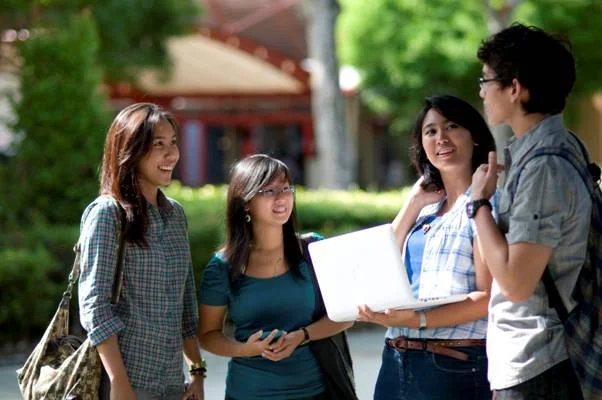Education Budget Highlights 2015: Addressing Inequality, Diversity, and Skills Gap
November 11, 2017
EasyUni Staff
There were 0 Malaysian Universities in the top 400, as ranked by Times Higher Education, earlier this month. With the fears of worsening inequality and declining education standards, the need to focus the education budget on progress and increasing global competitveness is at an all time high. Here are our key takeaways regarding funding for education and education related policy decisions from the announcement earlier today:
The ministry is allocating 1Malaysia Book Vouchers (BB1M) worth RM250 per student at a tertiary level and RM150 to secondary and primary students. Continuing the effort to close this inequality gap, RM30 million has been allotted to providing technical training and educational assistance to Indian youth, particularly those from low-income families. Yayasan Peneraju Pendidikan Bumiputera has been allotted RM72 million to implement three programmes in the forms of scholarships, training, and financial assistance to benefit 5,000 people. RM2 billion has been allocated to MARA for scholarships and aid to eligible Bumiputera students to help further their education.
With regards to institutions and organizations, RM56 billion will be at the Ministry of Education's discretion for the implementation of various programs. Another RM711 million has been allocated to the Ministry of Education, Tabika Kemas, PERMATA, and TAbika Perpaduan to strengthen early childhood education. TalentCorp is also to be granted RM13 million for internship programmes and industrial training of students. In addition to that, 2x tax relief is offered to companies who offer internships for diploma and vocational students.

(Source:stdirectoryedu.com)
Schools, including national schools, Tamil and Chinese vernacular schools, have been allocated RM800 million. RM450 million will be set aside for national schools and RM50 million for each of the following: Sek. Jenis Kebangsaan Cina, Sek. Jenis Kebangsaan Tamil, boarding schools, religious schools with government aid, SRSM, Sek. Pondok, and Chinese schools using national syllabus.
With regards to loans, the government proposed a 10% rebate for individuals who have been consistently repaying their loans for the past 12 months, till 31 December 2015, and a 20% rebate for those who settle the full amount by 31 March 2015. To date, 2.1 million borrowers have taken RMM47.8 billion worth of National Higher Education Fund Corporation (PTPTN) loans. As of August 31, 2014, only 46% of the debt had been collected; 174,000 PTPTN borrowers have not made any repayments on their student loans since 2010.
In terms of policies and goals, principals will be given autonomy to administrate their respective schools. On a related note, the syllabus at higher learning institutions is to be revised to include extra-curricular activities to combat "unemployability" amongst local graduates. It was also predicted that by 2020, 46% of jobs will need technical and vocational qualifications. In an effort to mitigate this problem, 10,000 students will be placed in private vocational institutions. Also, RM1.2 billion is to be allocated to increase enrolment in technical and vocational schools. The government is also planning to build 12 new schools across the country–7 primary schools, 3 secondary schools, and 2 boarding schools.
You might be interested in...
- Top Private Universities in Malaysia (QS Rankings 2026)
- APU and GUT Launch New Tech College in China: Earn Dual Degrees
- Global Learning at the Crossroads: Canada–Malaysia’s Evolving Education Partnership
- How AI is Powering the Next Wave of MSME Growth in Malaysia
- Malaysian Private Universities Making a Mark in Global Rankings
- Benchmarking Malaysian Private Universities Against Their ASEAN Peers
- Fastest-Rising Malaysian Universities in the QS Rankings (2023‑2025)
- Sunway University Climbs to Global Top 500 in QS Rankings 2026
- Trusted by Top Universities: EasyUni’s Exclusive Visit to Sunway University
- Wawasan Open University and Sophic Automation Partner to Offer Work-Based Learning for Engineering Students
 +60173309581
+60173309581





